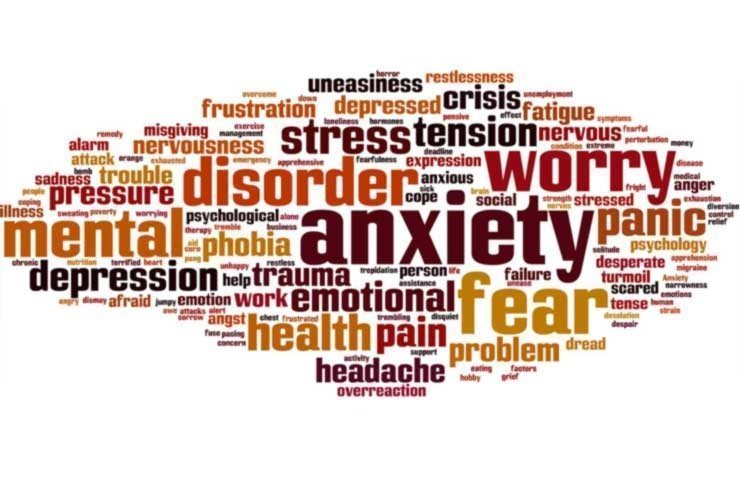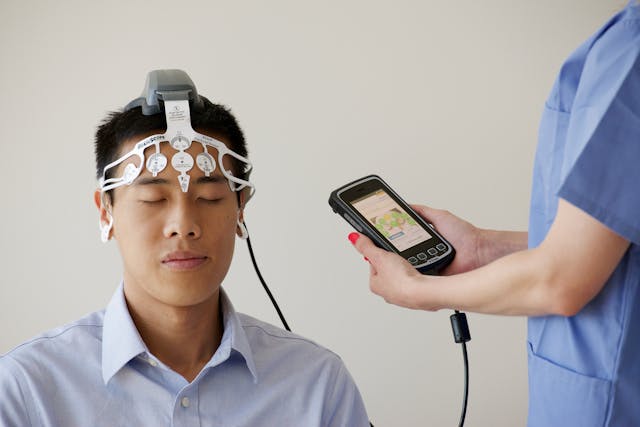While the long-term feasibility of using wearable technology to detect mental health disorders in a diverse population is still uncertain, a team of researchers at Washington University in St. Louis has offered a glimmer of hope. They developed a deep-learning model called WearNet, which analyzed 10 variables collected by the Fitbit activity tracker. These variables encompassed various aspects, including daily step count, calorie burn rates, average heart rate, and sedentary minutes. The researchers compiled Fitbit data for individuals over a period of more than 60 days.
In terms of detecting depression and anxiety risk factors, WearNet outperformed state-of-the-art machine learning models. Additionally, it provided individual-level predictions of mental health outcomes, unlike other statistical analyses of wearable users that mainly assess correlations and risks at the group level.
Lead researcher Chenyang Lu, the Fullgraf Professor at the McKelvey School of Engineering and a professor of medicine at the School of Medicine, stated, “Deep learning discovers the complex associations of these variables with mental disorders. Machine learning is our most powerful tool to extract these underlying relationships. Our work provided evidence, based on a large and diverse cohort, that it is possible to detect mental disorders with wearables. The next step is to convince a hospital system or some company to implement it.”
Lu further highlighted the advantages of this approach, noting the time-consuming nature of traditional methods involving psychiatrists and questionnaires. The automated screening tool provided by the AI model could offer prompt recommendations for individuals to seek psychiatric evaluation, enabling them to receive timely diagnosis and treatment. This unobtrusive approach to detecting mental disorders is urgently needed, as early detection can facilitate timely intervention by clinicians and allow individuals to make behavioral adjustments to mitigate the impact of these disorders.
The study conducted by Washington University involved an extensive analysis of data from over 10,000 Fitbit users, making it the largest wearable cohort examined in a study of this nature. Previous studies had predominantly focused on small cohorts, some comprising as few as 10 individuals, with the largest reaching only a few hundred users.
This research from Washington University stands out for its inclusion of a diverse range of participants in terms of age, race, ethnicity, and education level. The data utilized in the study was sourced from the “All of Us” research program at the National Institutes of Health (NIH), which aims to expedite biomedical research and precision medicine through a comprehensive collection of datasets.
Other unrelated studies have also shown promise regarding the use of wearables for longitudinal monitoring of mental health status. Wearables can help assess additional “digital phenotypes” such as sleep patterns and behavior, as highlighted by the researchers at Washington University.
In conclusion, the potential of wearable fitness monitors in aiding the detection and monitoring of mental health disorders is gaining traction. The research conducted at Washington University demonstrates the effectiveness of WearNet in identifying depression and anxiety risk factors while providing individual-level predictions. With further development and implementation, these wearable technologies could serve as valuable tools for clinicians, individuals, and healthcare systems in managing mental health conditions.
- source : Eurekalert







